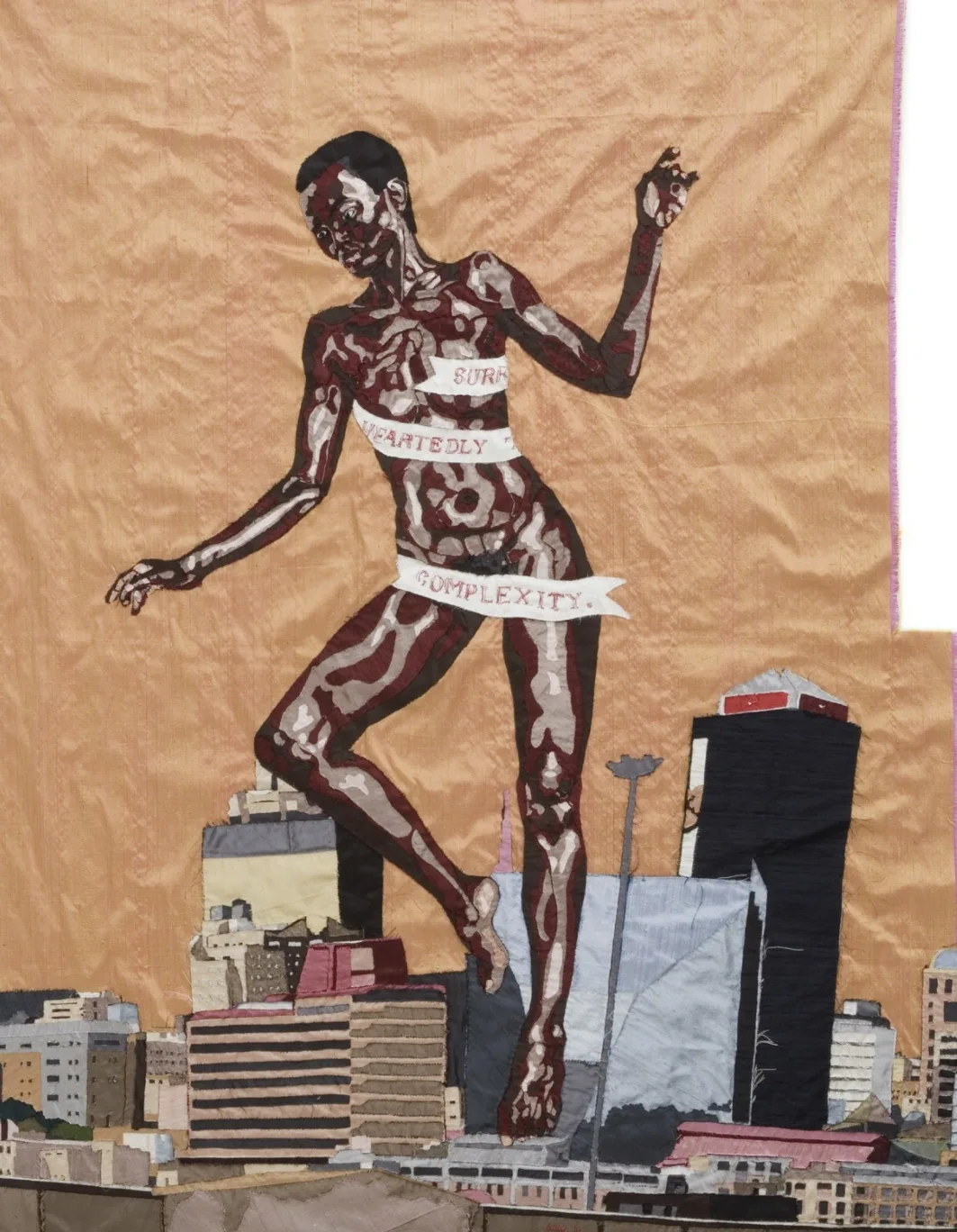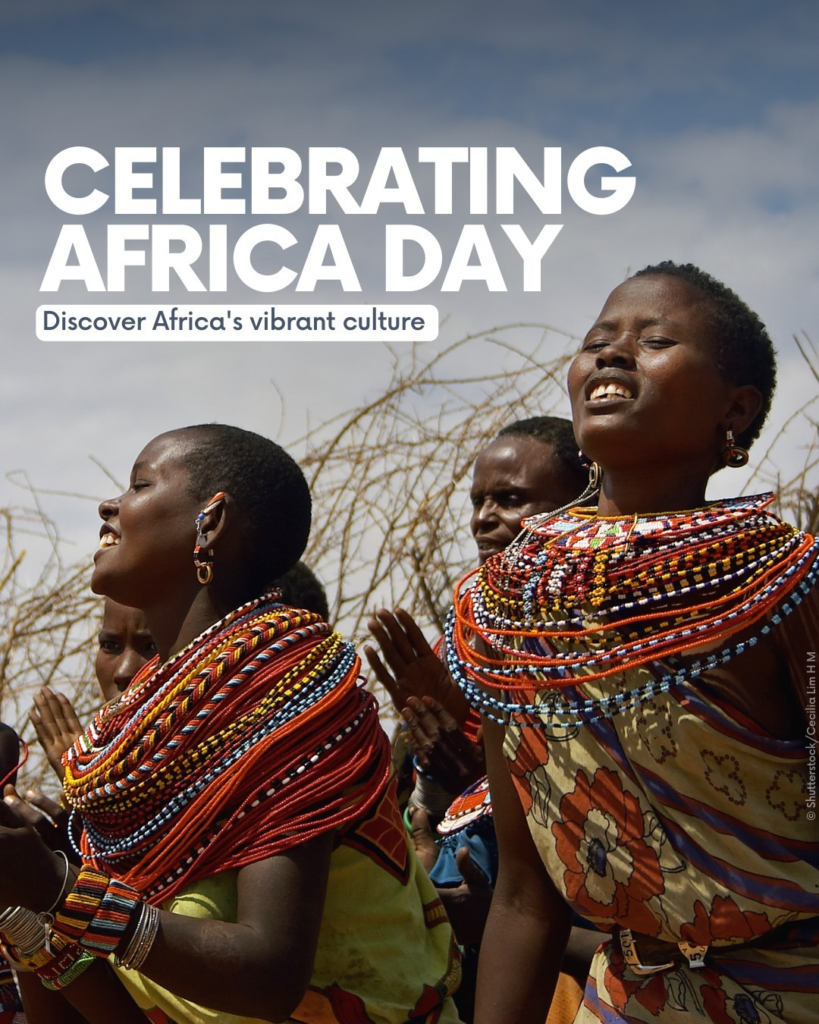The UNESCO’s Aschberg program, announces over over US$1 million investment to cultural and art programs in Southern Africa. The investment made during the 9th World Summit on Arts & Culture on May 4, 2023, aims to improve the status of the Creative economy among selected countries. The program promotes the artist’s status through technical assistance, expertise, and funding. With annual Calls for projects, it aims to revise legal, policy, and regulatory frameworks. This inclusive program benefits governmental institutions and civil society organizations.
By actively engaging with diverse stakeholders, the UNESCO-Aschberg Programm empowers artists and cultural professionals worldwide. The occasion celebrated World Day for Cultural Diversity, observed on May 21, coinciding with Africa Day. In this article, we will delve into the main pillars and descriptions of the projects across different countries.
Zimbabwe: Transitioning Zimbabwean cultural and creative industries to formal economy.
Zimbabwe is home to a thriving creative industry, contributing nearly USD 100 million annually to the country’s GDP. Zimbabwe’s cultural industries employ 5.4 million people, contributing approximately 6.9% to the country’s GDP (2009 study).Turncultural creative and cultural industries into a formal economy is only befitting. Submitted by the National Arts Council of Zimbabwe, this project aims to transition cultural industries to formality. It improves artists’ status by implementing strategic plans, and supporting creative industries’ transition. The project’s success will be observed in the coming years, benefiting creatives and the cultural culture.
Malawi: Supporting the Establishment of the Malawi National Cultural Trust Fund
Malawi’s creative economy has experienced remarkable growth in recent years, showcasing the immense talent and artistic prowess of its creators. Renowned artists like Billie Zangewa and Samson Kambalu have gained international acclaim, contributing to the recognition of Malawian art on a global scale. The Department of Arts of Malawi proposed a project that focuses on developing regulations for the establishment and operationalization of the Malawi National Cultural Trust Fund.

Image courtesy of Artsy
The expert facility requested will aid in formulating guidelines related to disbursement modalities, committee setup, and resource mobilization strategies. These guidelines cover various aspects, including disbursement modalities, committee setup, and resource mobilization strategies. By implementing such measures, Malawi can foster a conducive environment for the flourishing of its creative industry and further empower its talented artists.
Kenya, Zambia, South Africa: Safeguarding Artistic Freedom and Writers’ Rights
In Kenya, South Africa, and Zambia, the number of creative writers has increased significantly in the past decade, with many of them collaborating with international publishing companies. Given this growth in the industry, it becomes crucial to establish regulations and frameworks that accommodate the needs of these writers.
The project “Promotion and Protection of the Right to Write in Kenya, Malawi, South Africa, Uganda, and Zambia,” submitted by PEN International and covered by UNESCO Nairobi, aims to safeguard artistic freedom and protect the rights of writers in these five African countries. The project enhances writers’ role and status, emphasizing key themes and advocating for recommendations aligned with UNESCO guidelines.

Namibia: Enhancing the Creative Sector through Regulatory Development
Regulation is crucial for the growth and development of any industry, and Namibia’s creative sector is no exception. With the industry experiencing significant growth, there is an increased demand for robust regulations to support its expansion. The project “Drafting of Regulation for the National Arts Fund Act (Act 1 of 2005) of Namibia” aims to address this need.
By developing regulations for the National Arts Fund Act, the project ensures compliance and the official publication of the act. Draft regulations streamline registration and support artists with fair work practices, safeguarding their reputation. Namibia fosters a conducive environment for the thriving creative sector’s sustainable growth and artist empowerment..
The UNESCO’s Aschberg program continues to foster artistic freedom and enhance the status of artists in Southern Africa. It is enabling the growth and development of cultural and creative industries.These initiatives promote and protect artistic expression, fostering a diverse cultural landscape, crucial for spearheading industry growth.

